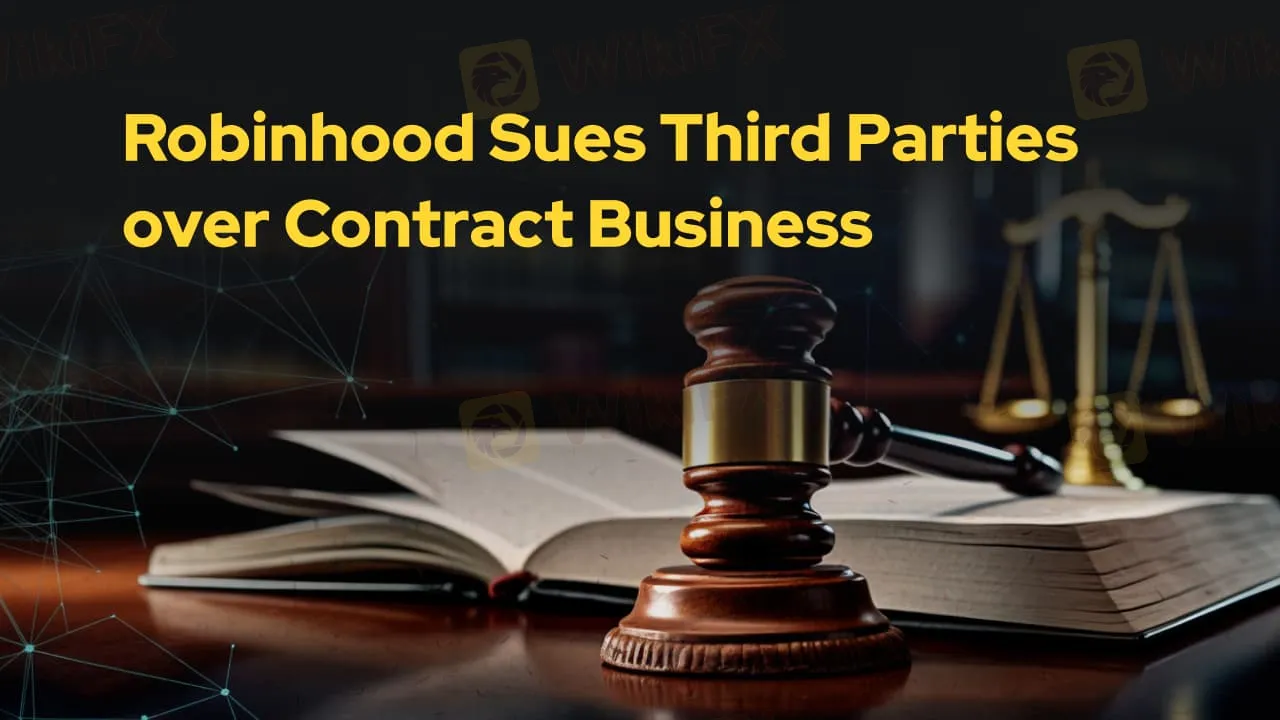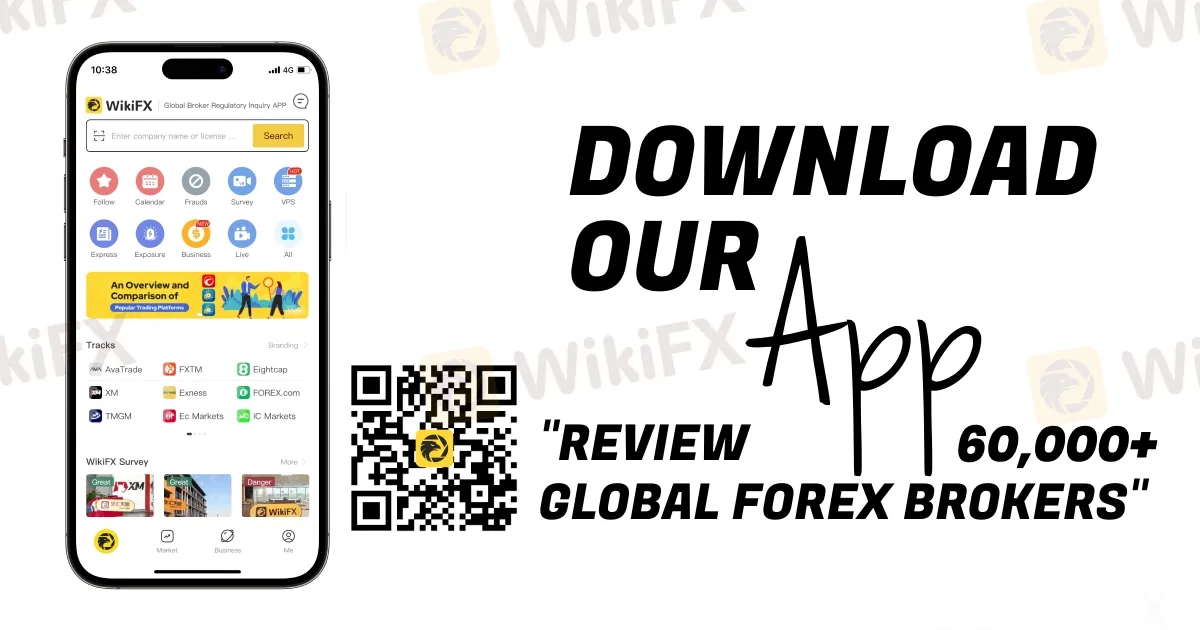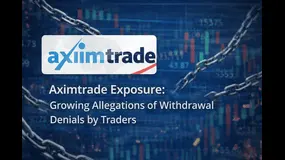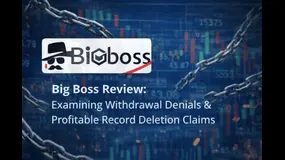Abstract:Robinhood, the trading platform offering commission-free stock and crypto trading, has filed lawsuits against Nevada and New Jersey regulators over mounting threats to its expanding event contract business. The company alleges it faces an “immediate threat of civil penalties and criminal prosecution” in both states, prompting swift legal action to protect its operations.

Robinhood, the trading platform offering commission-free stock and crypto trading, has filed lawsuits against Nevada and New Jersey regulators over mounting threats to its expanding event contract business. The company alleges it faces an “immediate threat of civil penalties and criminal prosecution” in both states, prompting swift legal action to protect its operations.
Expanding into Prediction Markets
The lawsuits come at a time when Robinhood is aggressively growing its footprint in event contracts, also known as prediction markets. These contracts allow traders to speculate on the outcome of real-world events, ranging from economic indicators to sports results.
Recently, Robinhood expanded its offerings to include professional and college football, broadening its appeal among traders looking to engage with sports betting-style contracts through a regulated trading platform.
Since the launch of the prediction market business, the company has reported a trading volume of over a billion contracts, highlighting the rapid adoption of the new product line. At the same time, Robinhood has expanded its service scope to include professional football and college football.
Variety of Event-Based Contracts
Beyond sports, Robinhoods prediction markets already cover a wide spectrum of topics,
Cryptocurrencies – allowing speculation on token price thresholds.
Economic Indicators – such as inflation or jobs data releases.
Other Sports – broadening engagement beyond traditional financial markets.
By offering this diversity, Robinhood is positioning itself at the intersection of trading, speculation, and entertainment.
Regulatory Issue
Nevada and New Jersey, both of which have well-established gambling oversight frameworks, appear to be challenging Robinhood‘s event contracts because they may constitute unlicensed gambling activity. Robinhood’s lawsuits argue that its products are legally compliant and fall under the category of trading contracts rather than gambling wagers.
The company claims that without court intervention, it could face penalties that would disrupt its expansion strategy and undermine confidence in its event contract markets.
Robinhoods legal battles underscore the growing tension between innovative trading platforms and state regulators as financial products increasingly blur the line between investing and gambling. Prediction markets have gained popularity for their ability to crowdsource sentiment on future events, but they also face legal gray areas, particularly in the U.S.
If successful in its lawsuits, Robinhood could pave the way for broader adoption of prediction markets nationwide. On the other hand, defeat could restrict its ability to expand into lucrative markets like sports and cultural betting, where consumer interest is high.
Conclusion
Robinhoods decision to take Nevada and New Jersey regulators to court highlights the high stakes surrounding the future of event contracts in the United States. With billions of contracts already traded and strong demand from retail users, the company is betting that legal clarity will solidify its position as a leader in this fast-evolving sector.










